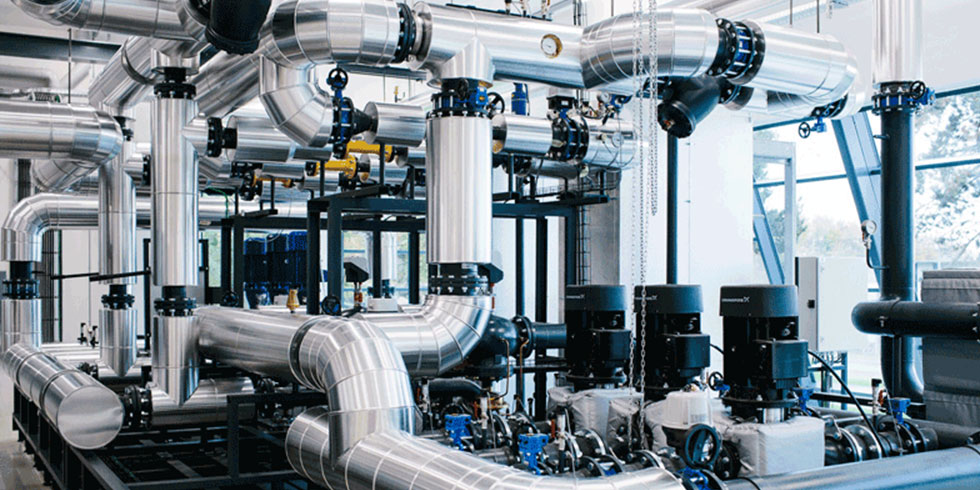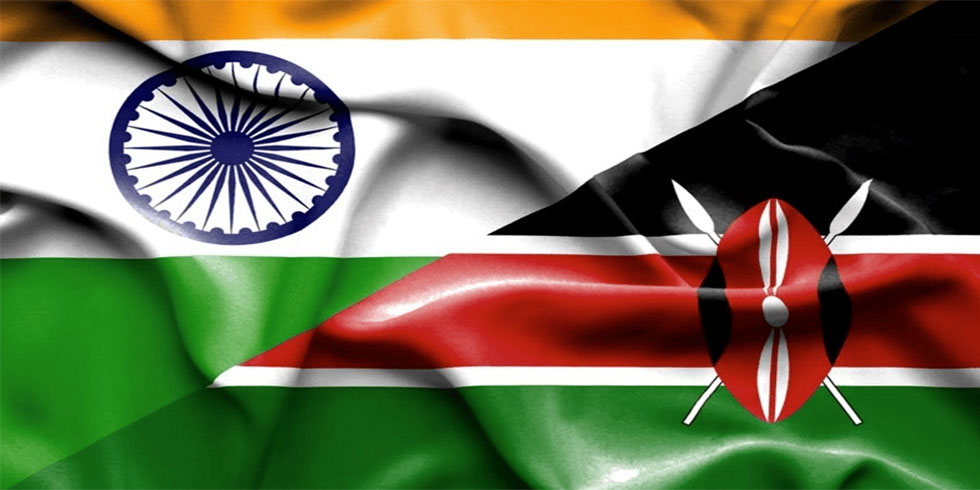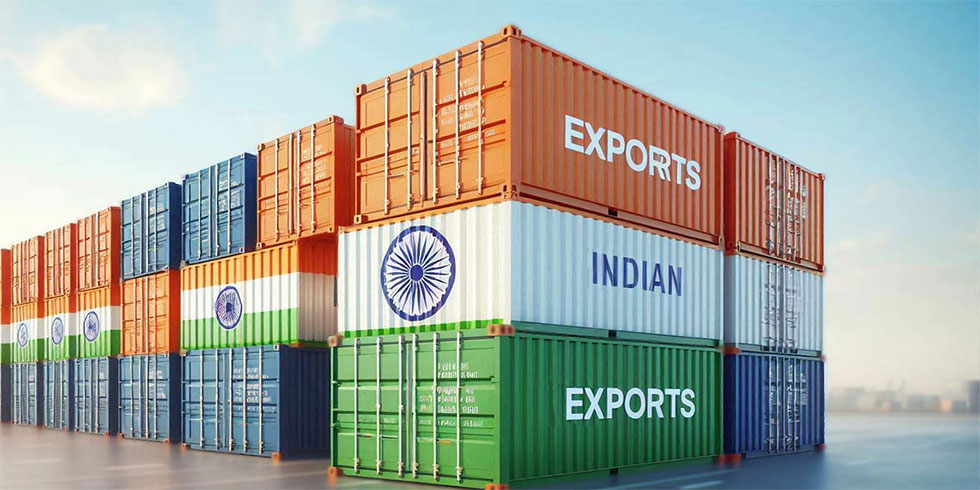Danfoss plans to speed up its development of sustainable cold chain infrastructures in India and Africa as part of a larger effort to prevent global food waste and move towards a net zero future. According to data, insufficient refrigeration accounts for around 14% of worldwide food waste, hence the company is prioritising energy-efficient solutions capable of drastically reducing these losses.
Food loss in Sub-Saharan Africa can exceed 40% between fields and markets, with a large chunk occurring in the first mile of transportation. According to a Food and Agriculture Organisation (FAO) report, the situation is similar in India, where a similar amount of food waste is caused by inadequate cold storage facilities, including 30% of fruits and vegetables.
The possible tripling of cooling demand by 2050, as forecasted in the Global Cooling Watch Report released at COP28, emphasises the crucial need for improved cooling solutions even more. This rise might double greenhouse gas emissions, exceeding the total annual emissions of the United States.
"The good news is that near-zero emission cooling is feasible. In fact, emissions in 2050 may be reduced by 97% with easily available technologies, including cutting-edge energy efficiency," stated Astrid Mozes, President, Regions at Danfoss. "Kenya is one country where sustainable business models and financing solutions are key to delivering sustainable and reliable cold chains."
Ravichandran Purushothaman, President of Danfoss India, echoed the thoughts about sustainable development, highlighting the predicted tenfold growth in India's cooling need by 2030, driven by climate change and rising urbanisation. "Given the current climate change and rapid urbanisation, cooling demand in India is expected to increase tenfold by 2030, resulting in increased demand for food, water and energy." And it's necessary that we meet it in a sustainable way to go closer to our net zero goals," he said.
The Loss2Value Project in Kenya, a collaboration between Danish Church Aid and Danfoss, shows attempts to create a secure cold chain. The project's goal is to reduce post-harvest losses by promoting the benefits of energy-efficient cold storage to smallholder farmers and traders, thereby building a sustainable economic ecosystem.
In India, using the vast solar and wind energy resources to power cold chain warehouses and mobile storage facilities reduces dependency on electricity supply and reduces the effects of power outages. The deployment of sustainable electric trucks for transportation is also expected to reduce long-term operational costs and environmental implications.










Add Comment